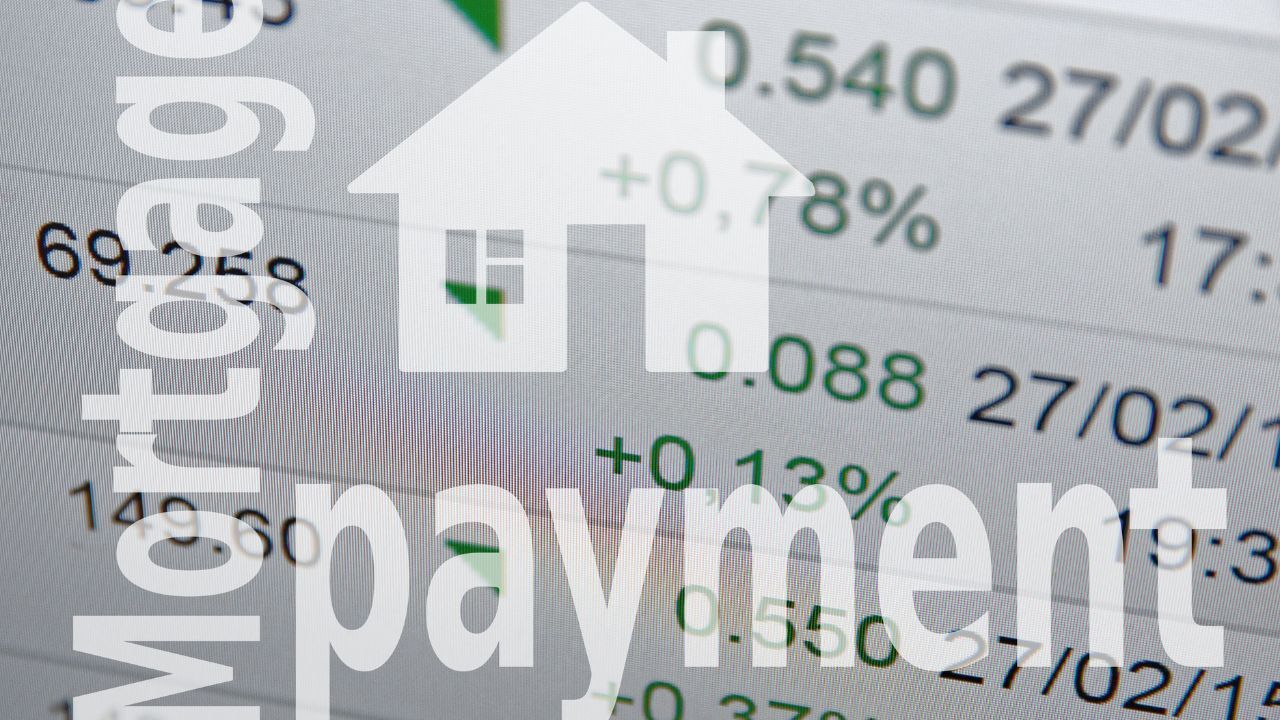Mortgage Options for Non-U.S. Citizens
 Purchasing a home in the U.S. as a non-U.S. citizen is entirely possible, but the process comes with unique requirements and considerations. Whether you are a permanent resident, temporary visa holder, or foreign national, understanding the available mortgage options can help you navigate the path to homeownership successfully.
Purchasing a home in the U.S. as a non-U.S. citizen is entirely possible, but the process comes with unique requirements and considerations. Whether you are a permanent resident, temporary visa holder, or foreign national, understanding the available mortgage options can help you navigate the path to homeownership successfully.
Can Non-U.S. Citizens Qualify for a Mortgage?
Yes, many lenders offer mortgage options for non-U.S. citizens. However, eligibility is influenced by factors such as residency status, credit history, and income verification. The type of residency you hold will determine the loan programs available to you and the specific documentation required.
Mortgage Options Based on Residency Status
1. Permanent Residents (Green Card Holders – LPRs)
- Eligible for conventional, FHA, VA, and USDA loans
- Must provide a valid green card (Form I-551) and proof of income
- Access to similar loan terms and interest rates as U.S. citizens
2. Non-Permanent Residents (Visa Holders – Work & Study Visas)
- Eligible for conventional and FHA loans with a valid work visa (H-1B, L-1, O-1, TN, etc.)
- Must demonstrate continuity of employment and residency
- Typically require a Social Security Number (SSN) or Individual Taxpayer Identification Number (ITIN)
3. Foreign Nationals (Non-Residents with No U.S. Visa)
- Must apply for foreign national mortgage programs
- Typically require a larger down payment (20-30%)
- Some lenders accept alternative credit verification in the absence of a U.S. credit history
Key Mortgage Requirements for Non-Citizens
- Credit Score: While a U.S. credit history is preferred, some lenders accept foreign credit reports or alternative proof of creditworthiness.
- Down Payment: Non-U.S. citizens are often required to provide a higher down payment, typically ranging from 10-30%.
- Income & Employment Verification: Lenders require proof of steady income, such as U.S. tax returns, pay stubs, or international financial statements.
- ITIN or SSN: Most loan programs require a Social Security Number (SSN), but some programs allow the use of an Individual Taxpayer Identification Number (ITIN).
Best Loan Options for Non-U.S. Citizens
- Conventional Loans: Suitable for permanent and non-permanent residents with a strong credit and employment history.
- FHA Loans: Offer low down payment options for green card and work visa holders.
- Foreign National Loans: Designed specifically for non-residents and typically require higher down payments and alternative credit verification.
- Portfolio Loans: Offered by private lenders with flexible requirements but often come with higher interest rates.
Additional Considerations
- Interest Rates: Rates may vary depending on residency status and credit profile.
- Documentation: Proper documentation, including visa status, income verification, and bank statements, is essential.
- Lender Selection: Working with a lender experienced in serving non-U.S. citizens can streamline the process.
Non-U.S. citizens can successfully achieve homeownership in the U.S. with the right mortgage strategy. By understanding your loan options, gathering the necessary documentation, and partnering with a knowledgeable lender, you can make the home-buying process smoother and more accessible.
If you need expert guidance on your mortgage options, reach out today!
 For homeowners facing temporary financial hardship, mortgage payment deferral programs can provide much-needed relief. These programs allow borrowers to pause or reduce their monthly mortgage payments for a specific period, helping them avoid foreclosure while stabilizing their finances.
For homeowners facing temporary financial hardship, mortgage payment deferral programs can provide much-needed relief. These programs allow borrowers to pause or reduce their monthly mortgage payments for a specific period, helping them avoid foreclosure while stabilizing their finances. As a homeowner or prospective buyer, understanding the intricacies of mortgage management can save you time, stress, and potentially thousands of dollars. Two key concepts that often confuse borrowers are mortgage prepayment and mortgage payoff. While both strategies can reduce the overall interest paid and shorten the loan term, they function differently. Let’s break down what each term means and how they can affect your mortgage journey.
As a homeowner or prospective buyer, understanding the intricacies of mortgage management can save you time, stress, and potentially thousands of dollars. Two key concepts that often confuse borrowers are mortgage prepayment and mortgage payoff. While both strategies can reduce the overall interest paid and shorten the loan term, they function differently. Let’s break down what each term means and how they can affect your mortgage journey.